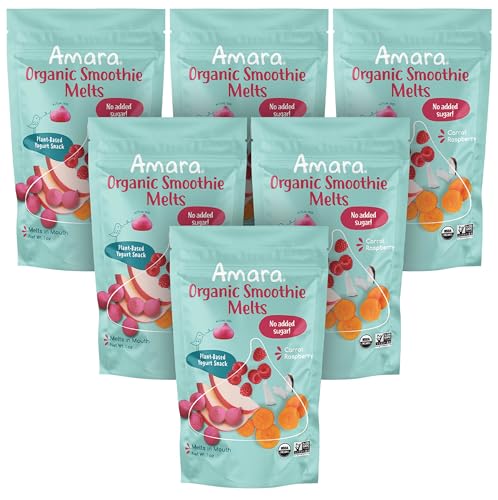I've been feeding my chickens with fermented grains and layer for a while now. And after seeing an article on adding rabbit pellets to the mix, I was wondering how rabbits would go for fermented feeds.
Unfortunately there is no conclusive answer about this online, so I decided to ask here. It would be just alfalfa/hay pellets soaked in water, with some unpasteurized apple cider vinegar as a starter, and set for 18-72 hours.
Also it seems(I'm pretty new to rabbits, so bear with me) that since rabbits are sensitive to higher levels of bad bacteria in their system, the probiotics in this mash would actually be beneficial?
Unfortunately there is no conclusive answer about this online, so I decided to ask here. It would be just alfalfa/hay pellets soaked in water, with some unpasteurized apple cider vinegar as a starter, and set for 18-72 hours.
Also it seems(I'm pretty new to rabbits, so bear with me) that since rabbits are sensitive to higher levels of bad bacteria in their system, the probiotics in this mash would actually be beneficial?



















































